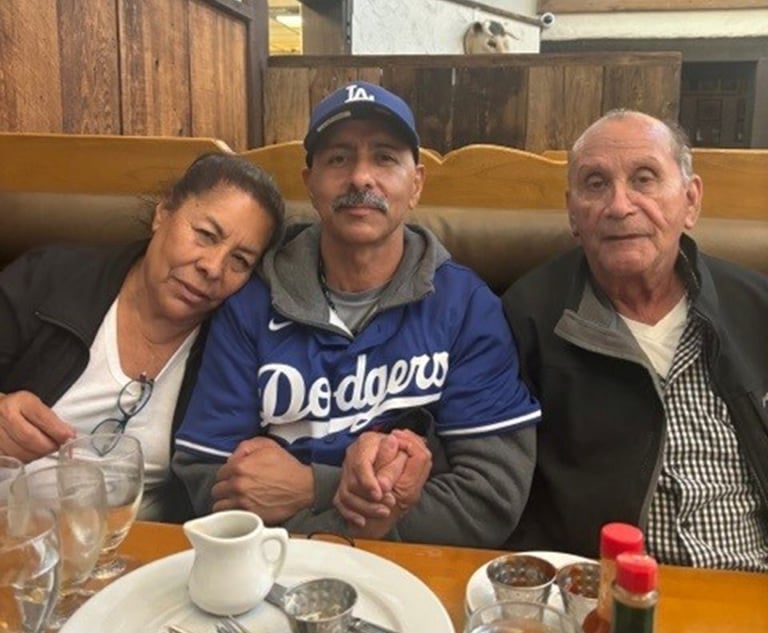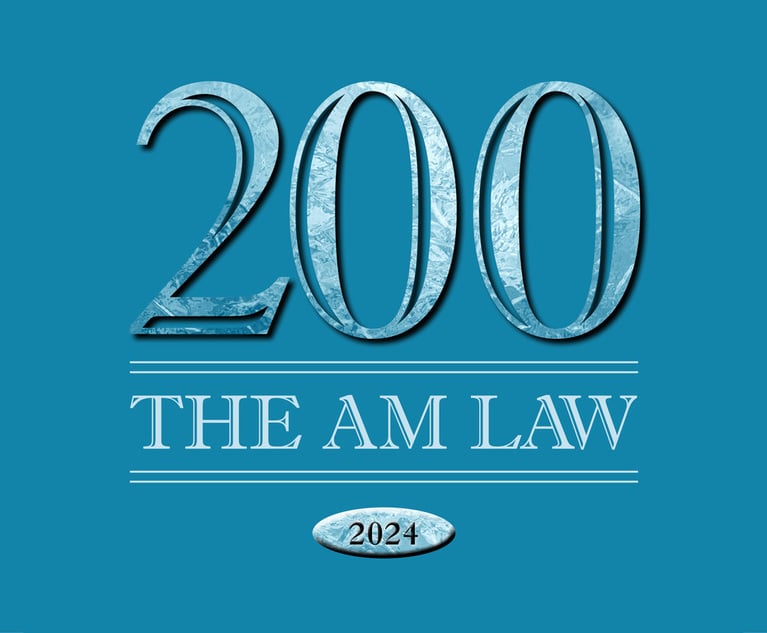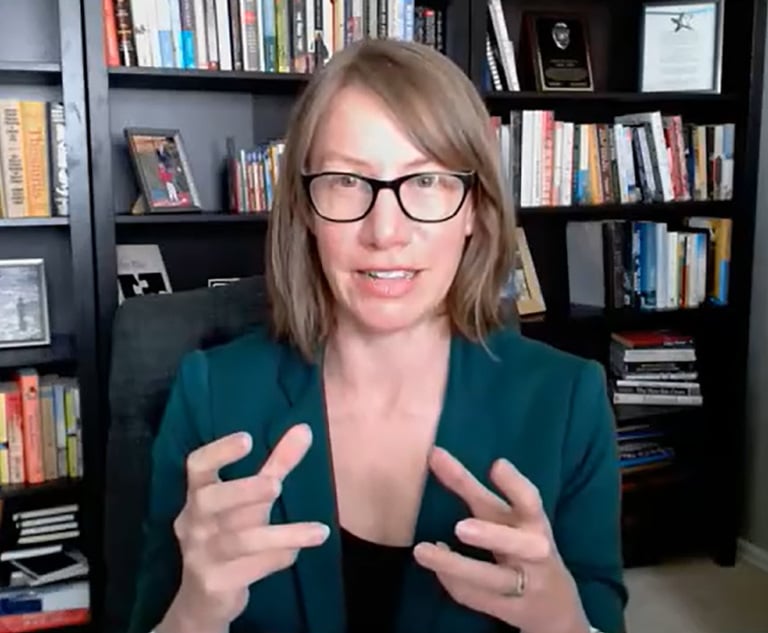Reed Smith partner Peter Kennedy likes to say that decisions regarding attorney client privilege have “a short fuse and a long tail.” In other words, decisions that lawyers make very quickly have long-term consequences that might not be felt for a long time. But the basics of all decisions regarding privilege boil to these three basic elements: (1) A communications between a client and their attorney, (2) made in confidence and (3) for the purpose of obtaining providing legal advice
Kennedy, who represents law firms regularly as part of his litigation practice, spoke in conversation Wednesday with his partners Janet Kwuon and George Brown at the firm’s second annual global disputes conference, held virtually. What became clear during their conversation is that questions of confidentiality, the second prong of those privilege decisions, have been seriously complicated by changes in the way lawyers have worked during the pandemic.
This content has been archived. It is available through our partners, LexisNexis® and Bloomberg Law.
To view this content, please continue to their sites.
Not a Lexis Subscriber?
Subscribe Now
Not a Bloomberg Law Subscriber?
Subscribe Now
LexisNexis® and Bloomberg Law are third party online distributors of the broad collection of current and archived versions of ALM's legal news publications. LexisNexis® and Bloomberg Law customers are able to access and use ALM's content, including content from the National Law Journal, The American Lawyer, Legaltech News, The New York Law Journal, and Corporate Counsel, as well as other sources of legal information.
For questions call 1-877-256-2472 or contact us at [email protected]


 (L-R)Janet Kwuon, Peter Kennedy and George Brown from Reed Smith. Courtesy photos
(L-R)Janet Kwuon, Peter Kennedy and George Brown from Reed Smith. Courtesy photos





